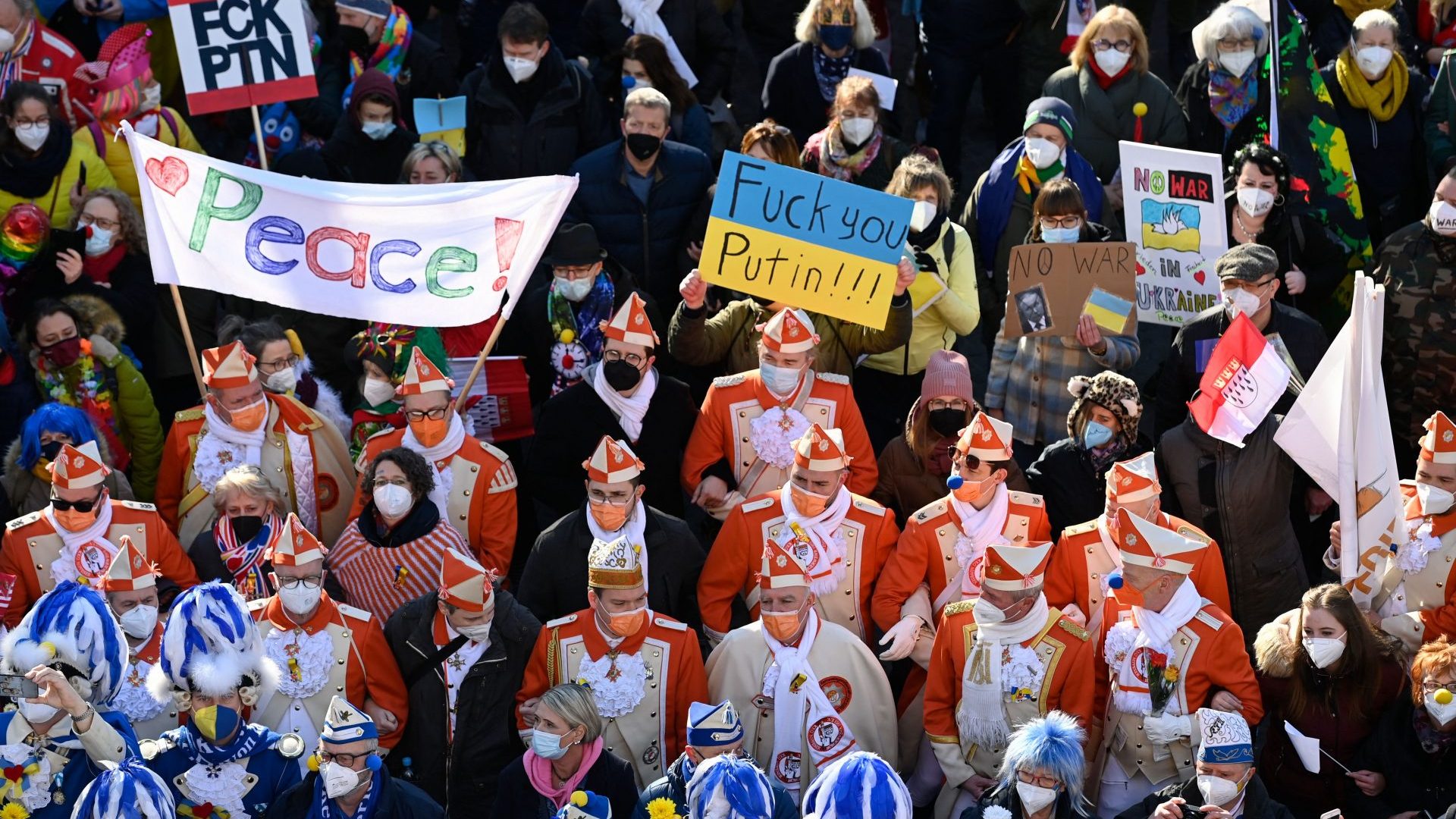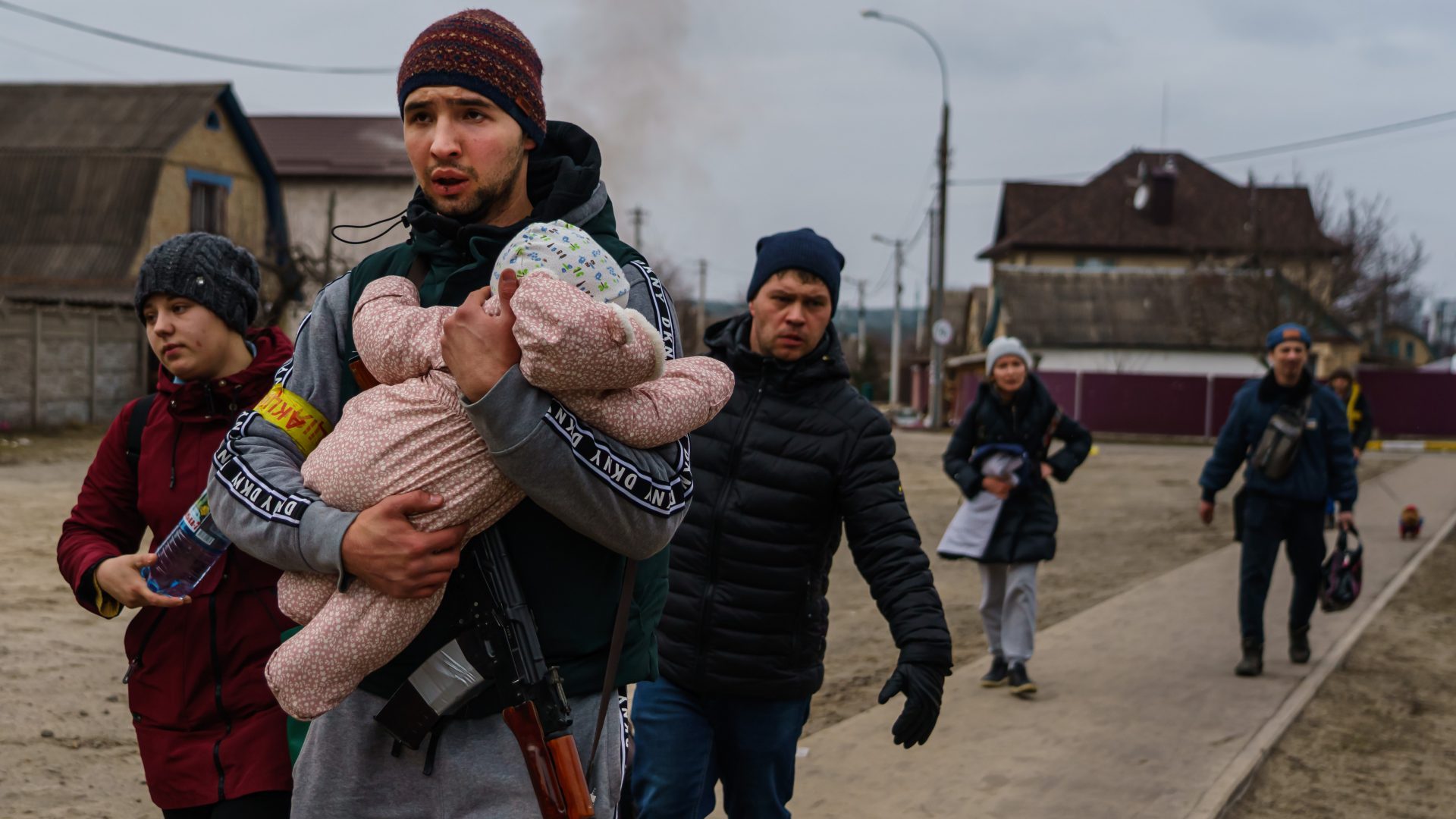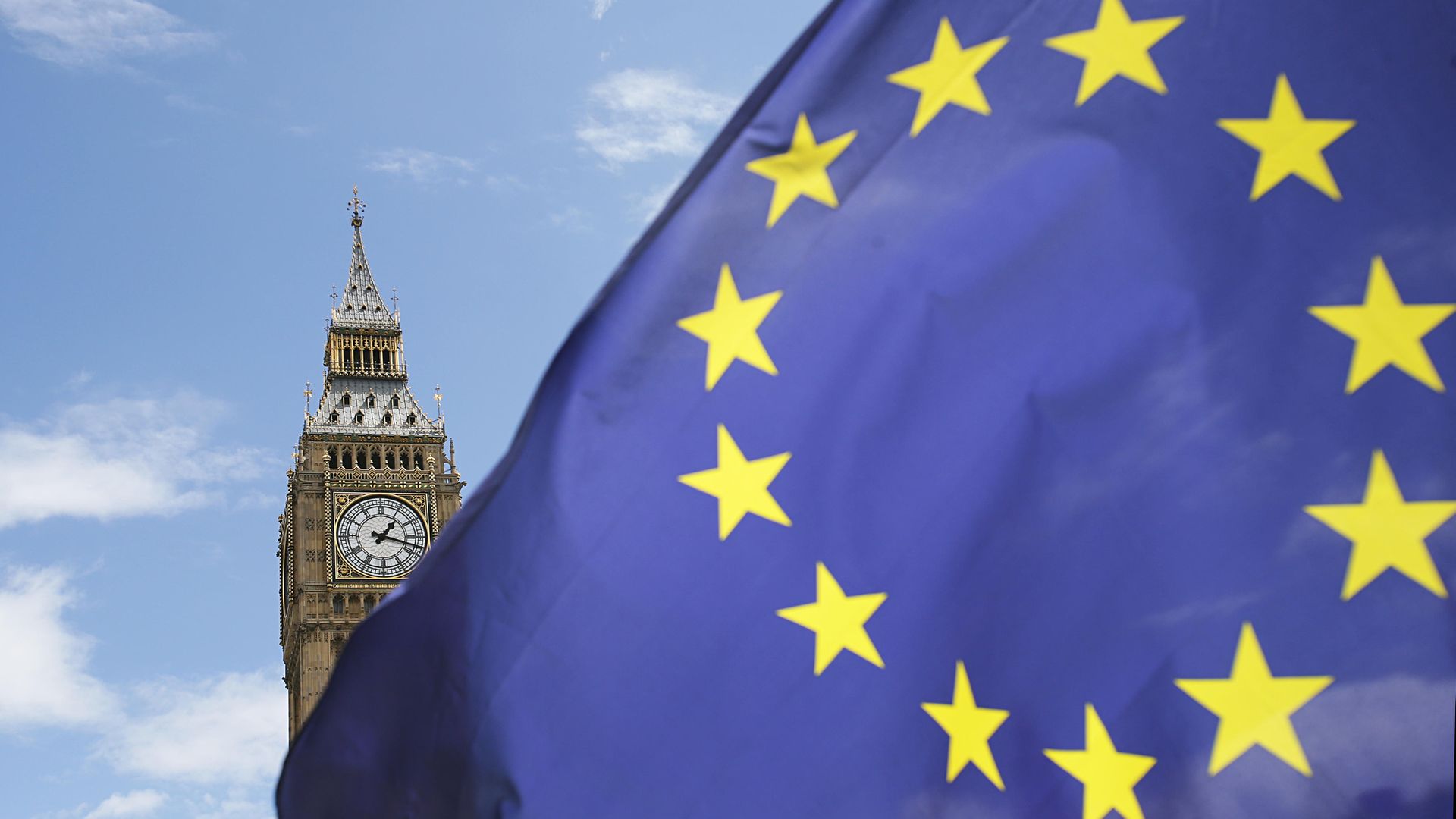A TNE reader, Keith Brown, recently asked Germansplaining to look into “modern tribal ethnicity” – specifically, whether DNA and dialects of ancient German tribes are still to be traced today.
While coming short of a scientific reply (still looking into it, I’m curious myself) there’s one tribe I do feel qualified to write about: my own, the Rheinländer. Our DNA: a double-helix filled with Roman, French, Cossack, Swedish, Bohemian, Prussian and so many more polynucleotides.
The writer Carl Zuckmayer (expatriated by the Nazis in 1939) labelled the region Völkermühle Europas (‘peoples’ mill of Europe’) in his play The Devil’s General because pretty much every European ethnicity had at some point left a mark alongside the Rhine; boozed, brawled, procreated and mixed like the springs, creeks and rivers that flow into it.
Still, there was no more resistance to Nazi ideology in this mixed-race western region than there was elsewhere in Germany. Resistance had never been a thing in the Rhineland: when Napoleon’s troops advanced towards Cologne in 1794, the Köln city guard heroically… left their posts. No fight. Why bother?
To this day, this live-and-let-live attitude creates misunderstandings with other Germanic tribes. Latest example: the same day Mad Vlad’s troops attacked Ukraine, Karneval was due to begin – and it did.
On Thursday at 11am, Cologne’s market squares were filled with tipsy, cheering, masqueraded (but unmasked) party animals who bathed in confetti and Kölsch (the local beer).
That it was a superspreader event (Covid cases are soaring) might have been reason enough for reproach. Contrasted with images of terrified Ukrainians, the celebrations were even more disturbing for the rest of the country. They enforced a deeprooted negative sentiment about carefree, fun-fixated Rhinelanders – and demands to call off Karneval. It is of course inexpensive to ask for a party ban if you have no intention of joining the party in the first place. Nowhere else in Germany is Karneval celebrated as excessively. For six days, normal life in Cologne and the surrounding region comes to a halt while most of the country carries on as usual. If a manager in Munich or Berlin tried to reach a Düsseldorf business partner, the only thing to be heard on the other side would be an office crowd chanting carnival songs.
Tens of thousands of people dress up in bright costumes and get drunk in pubs, at office parties or in the streets. For a whole week! Children and adults collect sweets, flowers and kisses (Kamelle, Strüssje, Bützje in Rhineland dialect) that are thrown from trucks or horses during the various parades (I was once hit by a well-meant KitKat).
On Tuesday night, the straw man Nubbel is ritually burned and all sins committed during the so-called fifth season are thus forgiven.
Finally, come Ash Wednesday, the party is officially over and everyone gets the flu/Covid.
Note: The UK and Protestant parts of Germany used to have similar traditions to see off winter in the Middle Ages, but reformation and Henry VIII didn’t think much of fasting. Karneval is about mocking the authorities and misbehaving, but foremost about drinking and eating as much as possible before entering the Catholic fast before Easter.
Sadly, non-Rhinelanders only get a televised idea of what is allegedly going on and habitually sneer at it (as they do at the dialect, too). Because, Carnival in Rio is fine, but please let’s not have fun at home.
Little surprise that Unesco lists Rhineland Karneval as an Intangible Cultural Heritage. It is identity- and community-building: Carnival societies meet regularly to prepare, practise dances and acrobatic stunts, support charities, foster tradition and pass it on to the next generation.
Next to the business volume – Є600m (£500m) in Cologne alone – there’s an impressive musical heritage, too, which is unique in Germany. Great folk and rock songs in the local dialect by bands you have never heard of but who fill concert halls: Bläck Fööss, BAP, Casalla, Brings…
The songs reflect the Rhineland mindset, a life-embracing sense of solidarity and innocent fun. Because this tribe self-identifies as diverse: you belong to us if you feel like one of us, no genetic links needed.
So when the first shock of Russia’s invasion had ceased it was decided to turn the big Monday carnival parade into a peace march: 250,000 people joined, the largest demonstration in Germany so far in blue and yellow.




